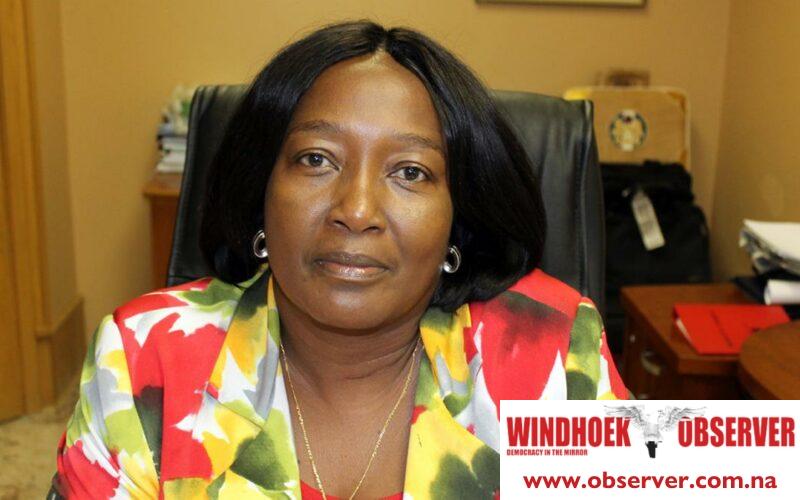Niël Terblanché
Anna Shiweda, the Deputy Minister of Agriculture, Water and Land Reform, has stressed the significance of developing a Regional Land Use Plan (RLUP) as a crucial instrument for steering regional growth and development.
Speaking at the launch of a workshop aimed at initiating the Oshikoto Integrated Regional Land Use Plan (IRLUP), Shiweda emphasized that the new plan would facilitate coordinated and orderly investment in land, thereby minimizing conflicts and potential delays in investment.
She said the Ministry of Agriculture, Water and Land Reform has been tasked with formulating IRLUPs for all fourteen regions.
According to Shiweda, the plans for the //Kharas, Hardap, Zambezi, Kavango East, Kavango West, Otjozondjupa, and Omaheke regions have already been developed, approved by the Cabinet, and handed over to the respective Regional Councils for implementation and compliance monitoring.
Shiweda added that the IRLUP for the Oshana region is currently under review by the Cabinet Committee on Land and Social Issues, with an expected rollout within the current financial year.
The deputy minister stressed the crucial role of a Regional Land Use Plan in facilitating orderly investment and minimizing land use conflicts, which could otherwise hinder development.
“The plan provides a framework that allows stakeholders and land users to match land properties with appropriate and sustainable land uses, thus promoting productivity and reducing conflicts,” she said.
The IRLUP development project is designed to include a framework database and a dynamic Geographic Information System (GIS) model.
This model will serve as a foundational information layer for the development, conservation, and management of land uses, enabling a strategic approach to land allocation that considers both the potential and constraints of various land parcels.
According to Shiweda, the ministry is addressing key questions through the IRLUP, including the optimal and sustainable land use for different areas, the balance between population demands and land availability, and how different land uses can be appropriately allocated in various locations.
The project aims to ensure that land is zoned based on its best use, which will enhance regional productivity and sustainability.
The development of the Oshikoto IRLUP, which began in the previous financial year, involves the expertise of Tortoise Environmental Consultants, who are tasked with conducting a Strategic Environmental Assessment (SEA) for the plan. The SEA will systematically evaluate the potential impacts of land use decisions, providing crucial insights to guide the planning process.
Shiweda said that in parallel, the ministry has contracted Ransam Trading CC to develop the IRLUP for the Oshikoto region in accordance with relevant laws, particularly the Environmental Management Act of 2007.
“This initiative comes at a time when Namibia faces dwindling natural resources and increasing demands from a growing population,” she said.
Shiweda stressed the need for a collective effort to contribute to the development of the IRLUP, ensuring that it addresses the diverse needs of the region.
“Land and water resources are unique and intertwined, and both are under pressure from industrial competition, urban and rural demands, degradation, pollution, and erratic rainfall patterns,” Shiweda noted.
She stressed the importance of a bottom-up planning approach to address these challenges effectively.
Shiweda called upon all key stakeholders, including the Regional Council, line ministries, the private sector, traditional authorities, and civil society, to actively participate in the IRLUP development process.
She also appealed for the provision of reliable data to support the project, emphasizing that successful land use planning requires comprehensive and accurate information.
Shiweda invited all relevant parties to attend the upcoming regional workshop on 21 June, where the details of the Oshikoto IRLUP development will be discussed.
“Our survival and that of future generations depend on the sustainable use of our resources, particularly land,” she said while urging continued engagement and collaboration.




